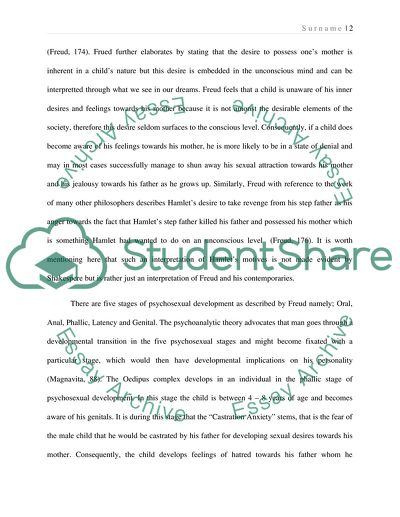Cite this document
(Oedipus against Freud Term Paper Example | Topics and Well Written Essays - 1500 words, n.d.)
Oedipus against Freud Term Paper Example | Topics and Well Written Essays - 1500 words. Retrieved from https://studentshare.org/philosophy/1763262-oedipus-complex
Oedipus against Freud Term Paper Example | Topics and Well Written Essays - 1500 words. Retrieved from https://studentshare.org/philosophy/1763262-oedipus-complex
(Oedipus Against Freud Term Paper Example | Topics and Well Written Essays - 1500 Words)
Oedipus Against Freud Term Paper Example | Topics and Well Written Essays - 1500 Words. https://studentshare.org/philosophy/1763262-oedipus-complex.
Oedipus Against Freud Term Paper Example | Topics and Well Written Essays - 1500 Words. https://studentshare.org/philosophy/1763262-oedipus-complex.
“Oedipus Against Freud Term Paper Example | Topics and Well Written Essays - 1500 Words”, n.d. https://studentshare.org/philosophy/1763262-oedipus-complex.


